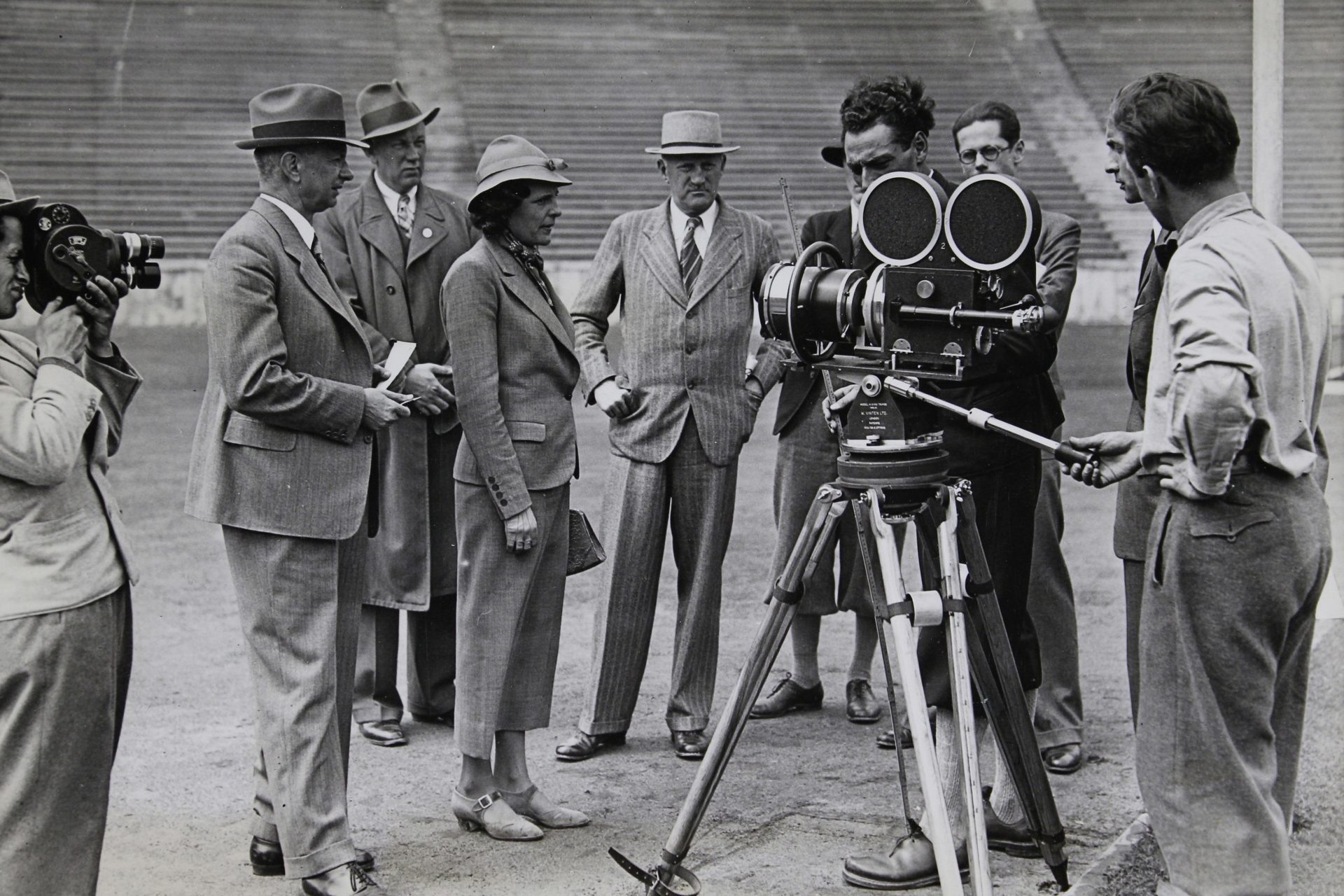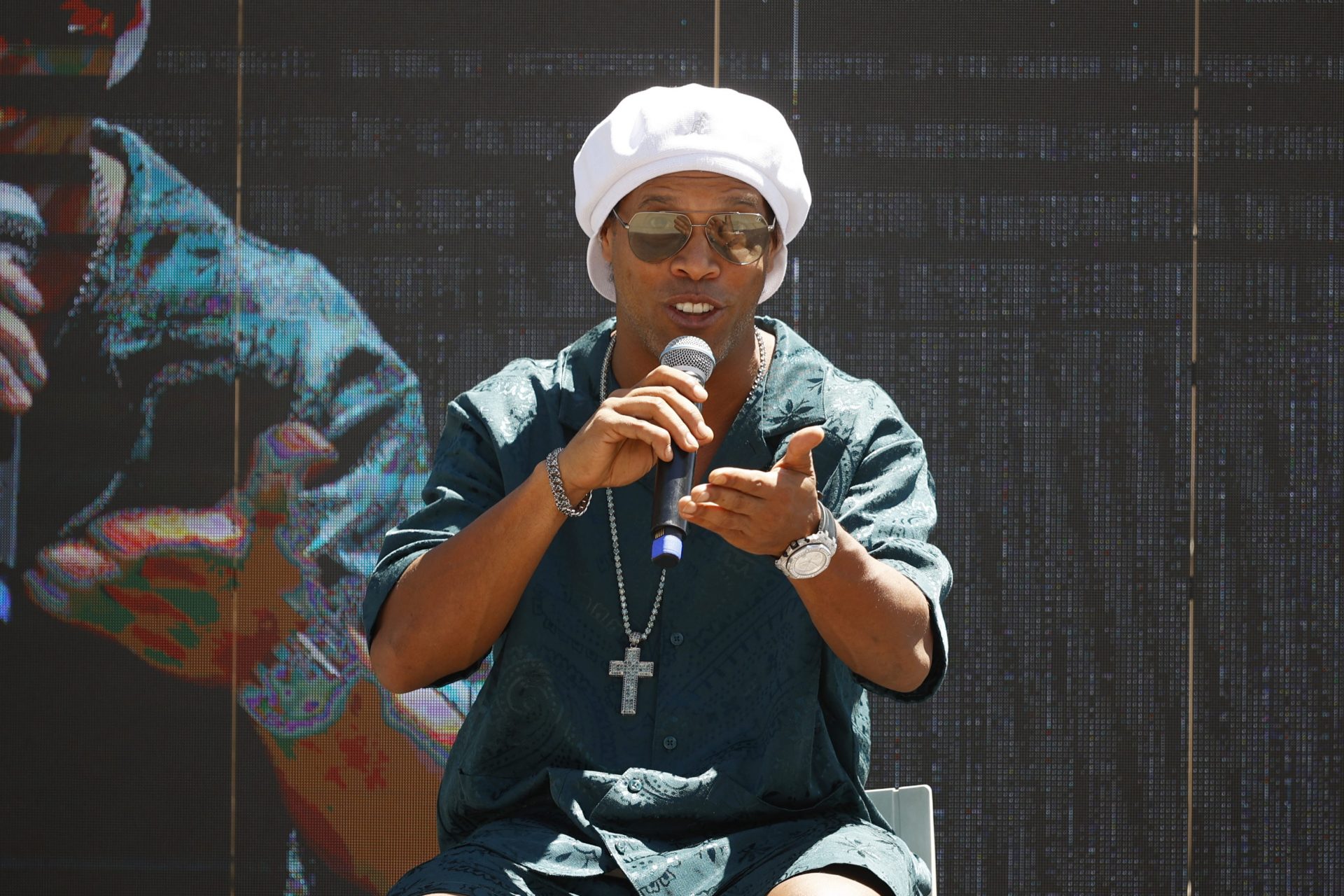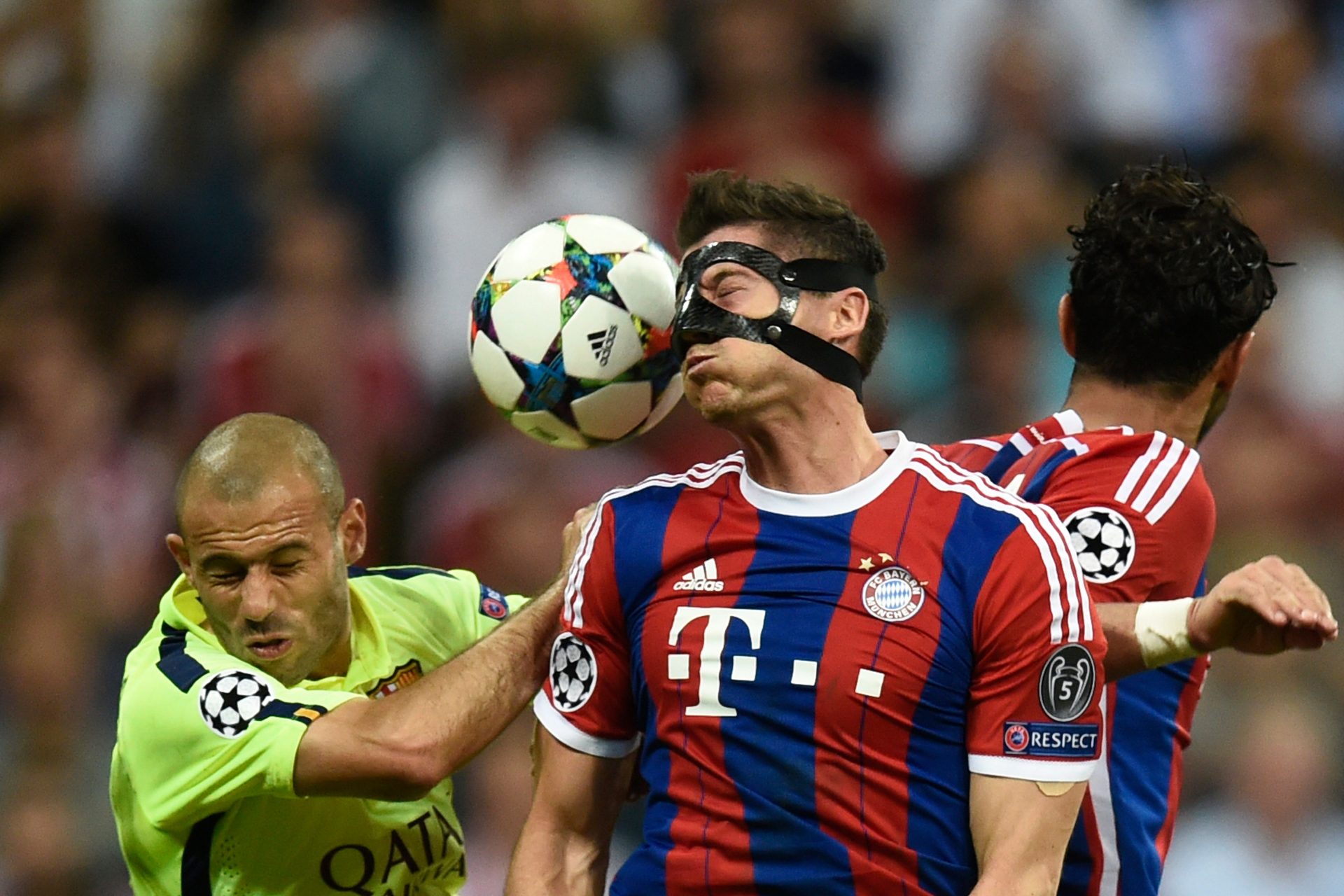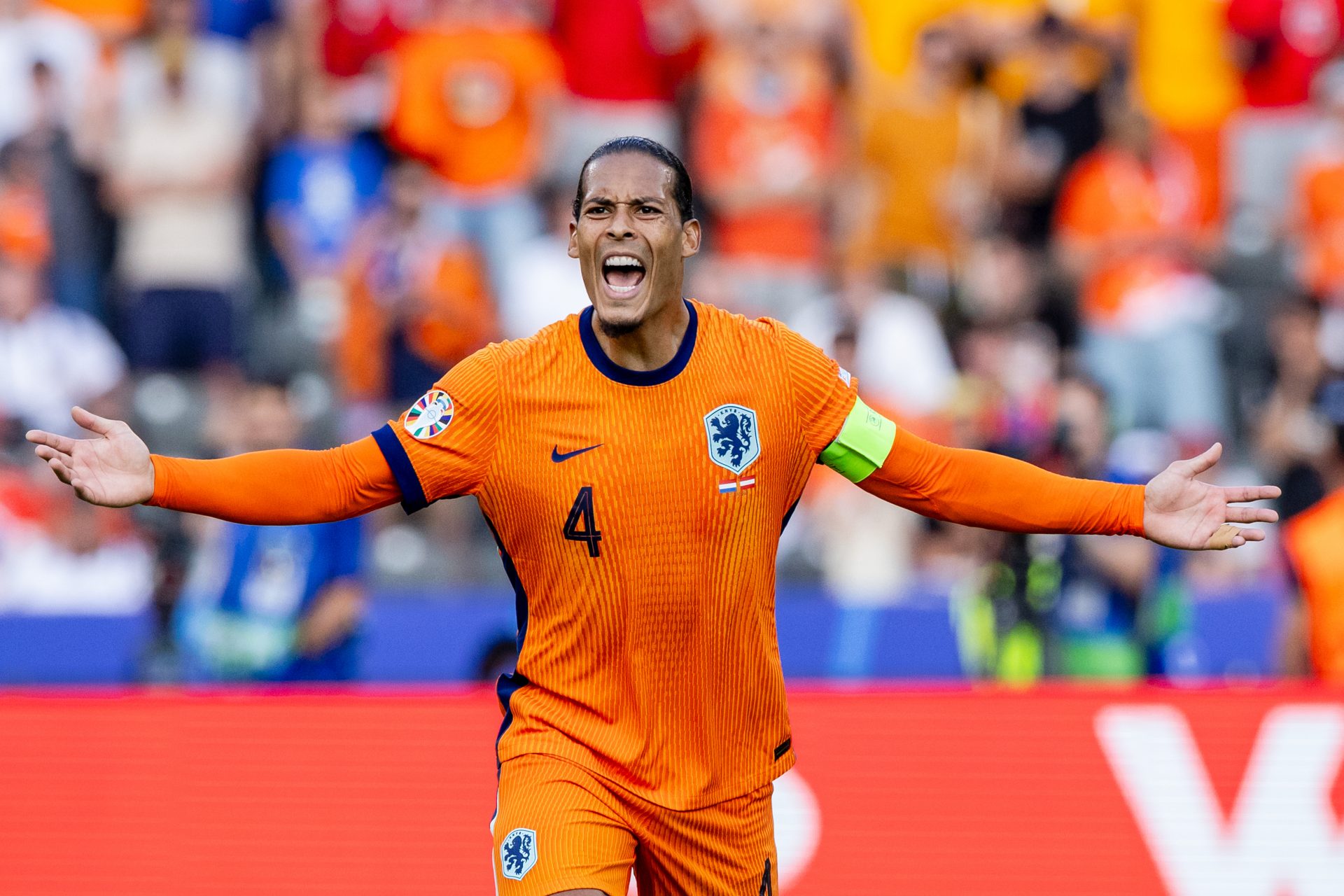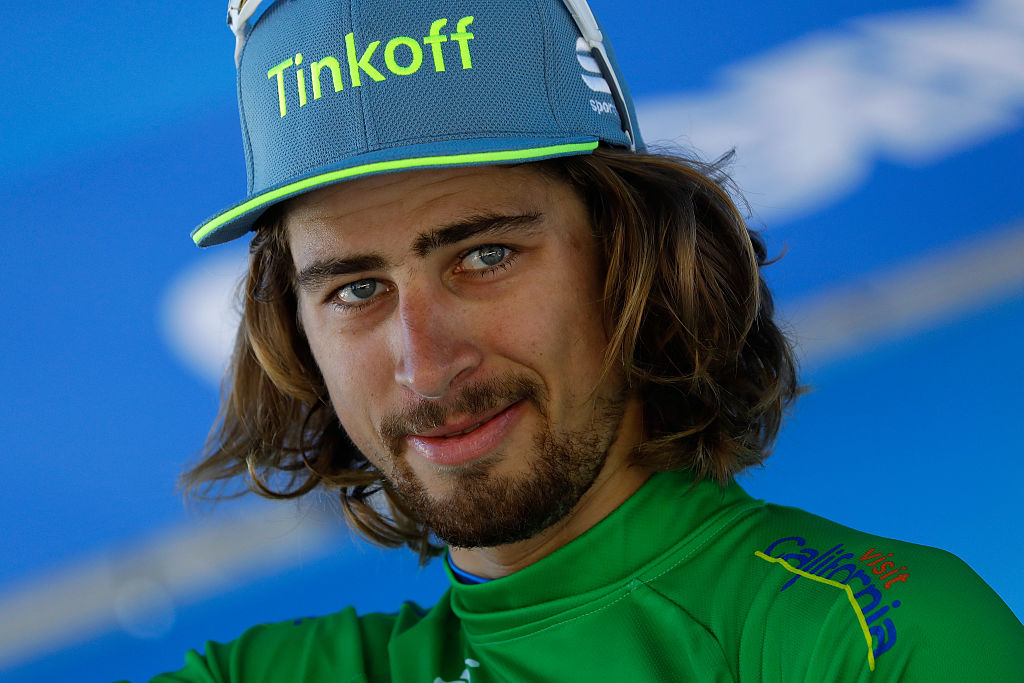How the Nazis changed the Olympics forever
The Olympics remains one of the biggest sporting events in the world, with hundreds of millions tuning in to watch the greatest athletes on the planet battle it out to win a coveted gold medal. Nowadays, the torch relay is seen as the natural kick-off to the games, but that wasn't always the case...
Berlin was named the host city for the 1936 game in 1931, before the rise to power of Adolf Hitler and the Nazi party.
Hitler was adamant the 1936 games needed to outdo the previous edition, held in Los Angeles in 1932. As such, a brand new 100,000-seat stadium was commissioned to host the majority of the game’s events, per the Olympics website.
Want to see more like this? Follow us here for daily sports news, profiles and analysis!
1936 saw the dawning of a new technology that Hitler and the Nazis were keen to utilise. Headed by filmmaker Leni Riefenstahl, the games were filmed and turned into a Nazi propaganda film.
This was to be Nazi Germany’s debut on the international stage and Hitler was willing to spend whatever was needed to showcase his new ideology. As such, the Nazis spent the equivalent of $500,000,000 on their new stadium and infrastructure, far exceeding all previous hosts, per the Holocaust Encyclopedia
As with the financial aspect of the games, Hitler and the Nazi propaganda machine were willing to stop at nothing to promote Germany and the Third Reich.
One of the key figures behind the 1936 Olympics was Carl Diem, a sports administrator famed for his organizational skills, who was the originator of the torch relay.
Diem proposed the torch relay as a way to build excitement for the games, but Hitler saw it as a chance to showcase his new Nazi party on the international stage.
Part of Hitler’s ideology was the concept of Aryanism, the theory being the Aryans were a superior race and deserved to rule. The Nazis believed part of the history of Aryanism was their foundations in Ancient Greece, something Hitler was keen to express through the torch relay, the first of its kind at an Olympic event.
Commenting on the Olympic Torch, Hitler said, "The sportive, knightly battle awakens the best human characteristics. It doesn't separate, but unites the combatants in understanding and respect. It also helps to connect the countries in the spirit of peace. That's why the Olympic Flame should never die." Yes, it was Hitler who coined that the Olympic flame should be eternal.
The inaugural Olympic Torch Relay began on the 20th of July, 1936 in Olympia, Greece. The route saw the torch carried through Athens and Thessaloniki in Greece before making its way through Sofia, Belgrade and Budapest.
After running through Vienna and Prague, the torch finally made its way to Germany. It reached its final destination just in time for the start of the games.
The Nazis were keen to showcase their organisational skills with the relay, laying a very direct course and ensuring each runner was kept up to pace. In total, the torch traveled 3,187 km with 3,331 torch bearers, all expected to run their near-kilometre-long leg in around five minutes.
On the 1st of August, 1936 German track and field star Siegfried Eifrig was responsible for carrying the torch on the final leg of the relay. He entered the Olympic stadium surrounded by thousands of red, white, and black Nazi emblems.
Despite the Nazi organiser’s best efforts, the Olympic games didn’t go quite as planned for Hitler and his Aryan ideology. With African-American athlete Jesse Owens dominating the games and upstaging the best athletes Germany could find on the biggest stage of all.
Despite the uncomfortable beginnings of the torch relay, the tradition stuck. Every Olympics since then has seen a relay, starting with the first games post-World War II in London. It is important to understand the history of this tradition and want it was supposed to represent, even if the meaning has altered greatly with time.
More for you
Top Stories






